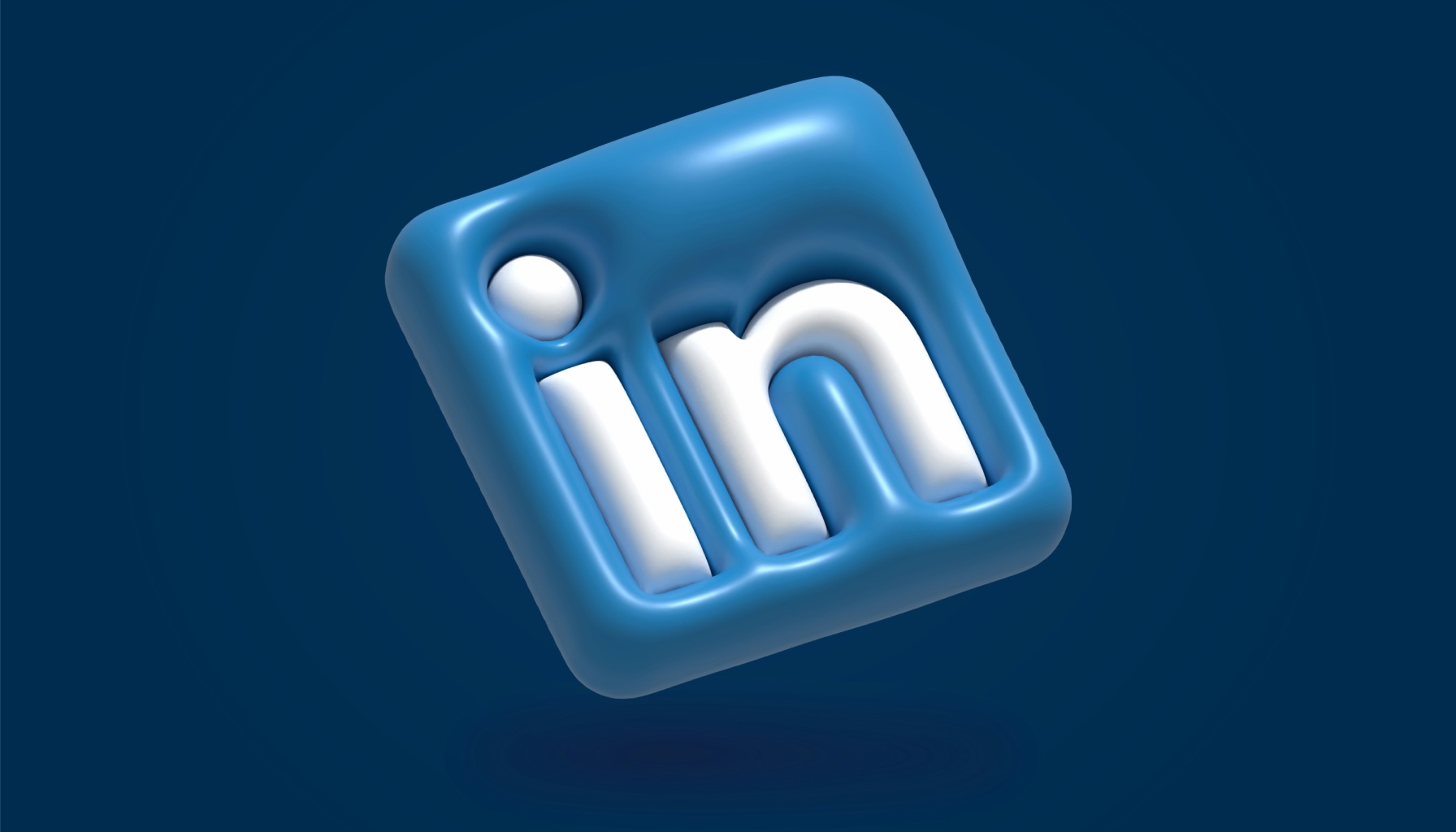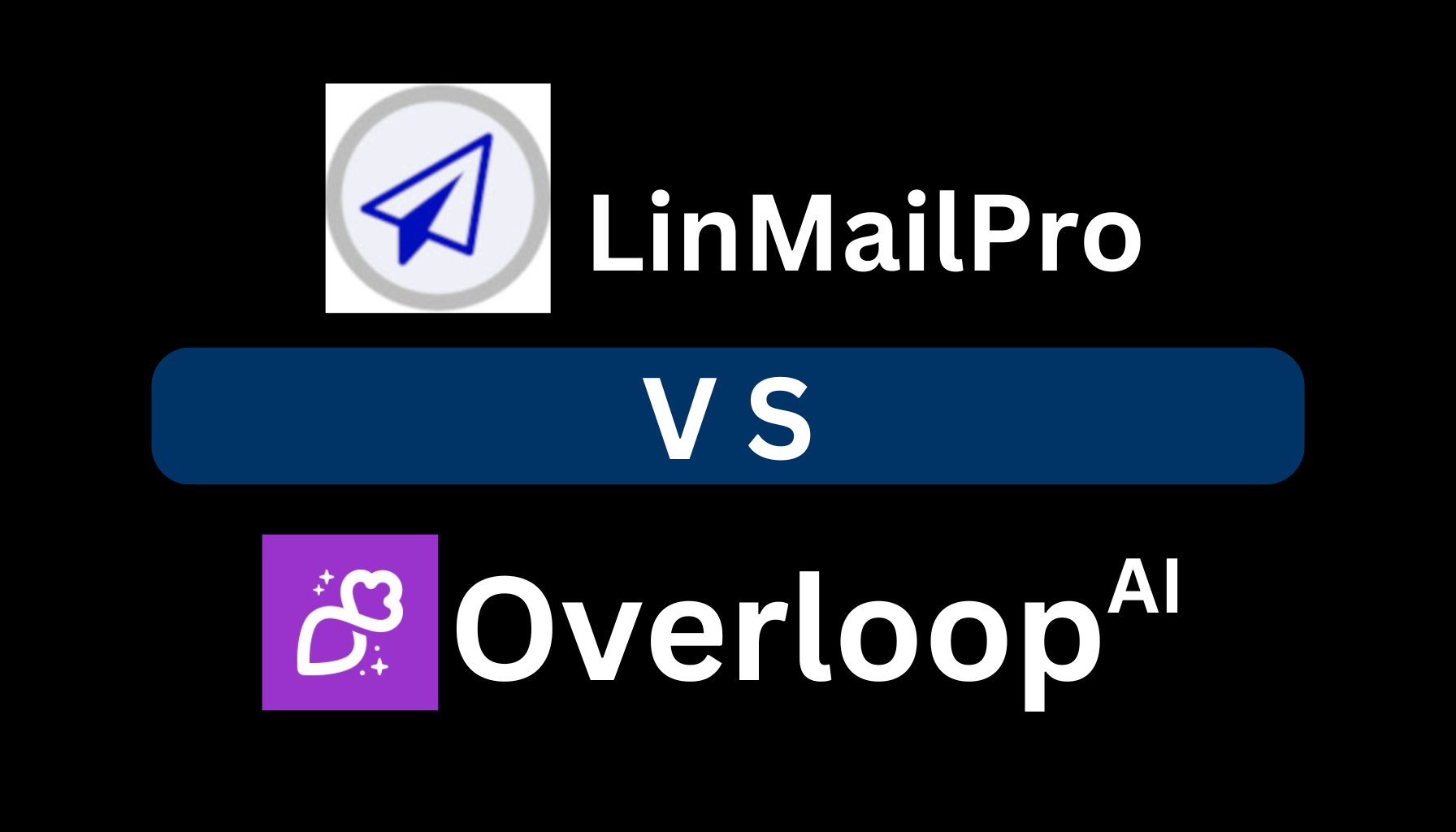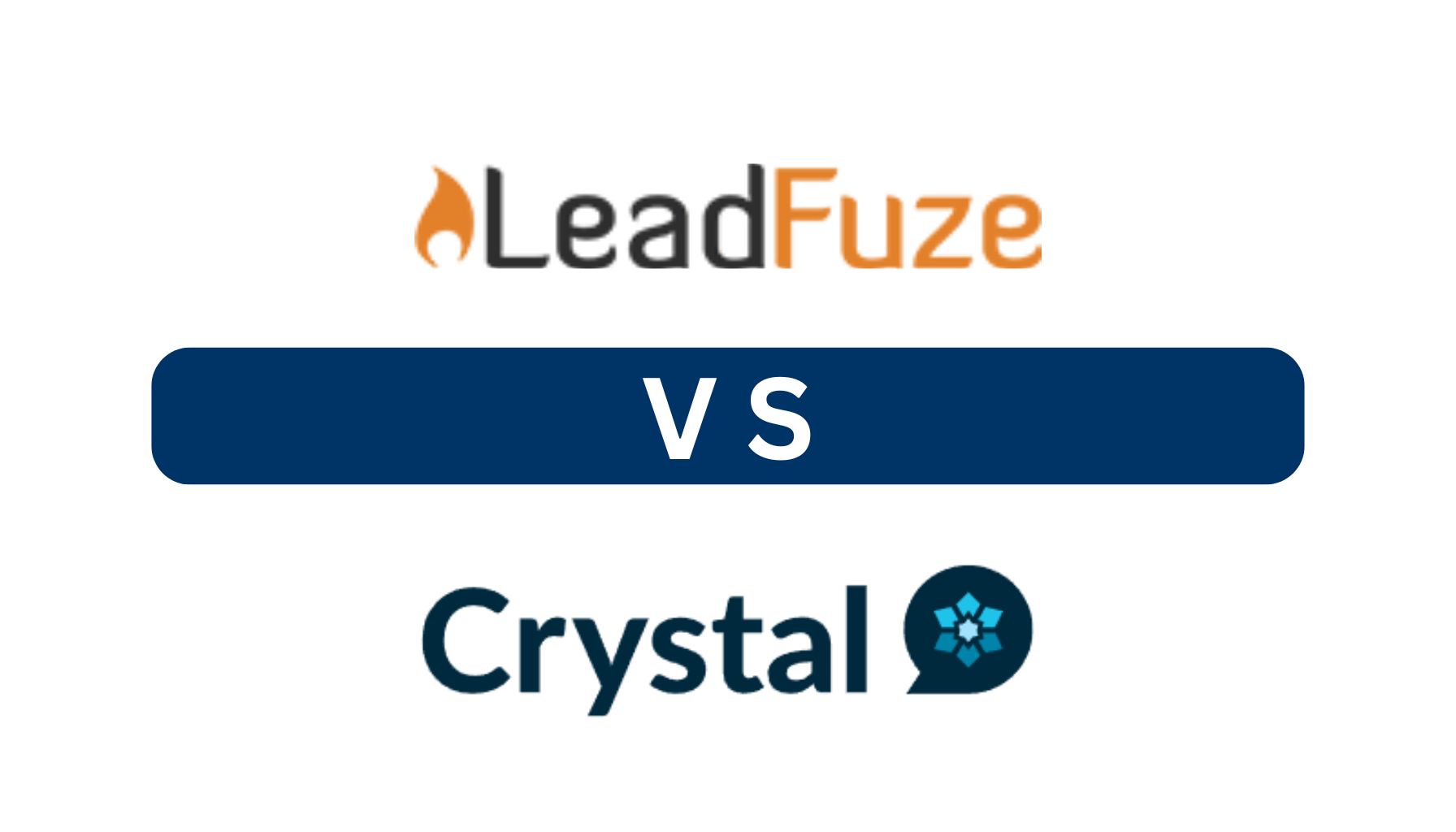
In today’s competitive business landscape, effective lead generation and personalized communication are crucial for sales success. Two prominent tools in this arena, LeadFuze and Crystal, offer unique approaches to enhancing the sales process. As a seasoned SEO marketing specialist who has extensively tested both platforms, I’m excited to share my insights on how these tools compare and contrast in their functionalities and real-world applications.
LeadFuze focuses on AI-powered lead generation and data enrichment, while Crystal specializes in personality analysis and communication optimization. This comparison will delve into the strengths and limitations of each platform, providing you with a comprehensive understanding of how they can potentially transform your sales strategies.

Key Facts
- LeadFuze utilizes AI (Fuzebot) for automated lead generation and list building, with a focus on U.S. data.
- Crystal leverages the DISC framework for personality insights, enhancing communication strategies across various business functions.
- Both tools offer CRM integrations, but serve distinct primary purposes in the sales process.
LeadFuze vs Crystal: Unraveling the Powerhouses of Modern Sales
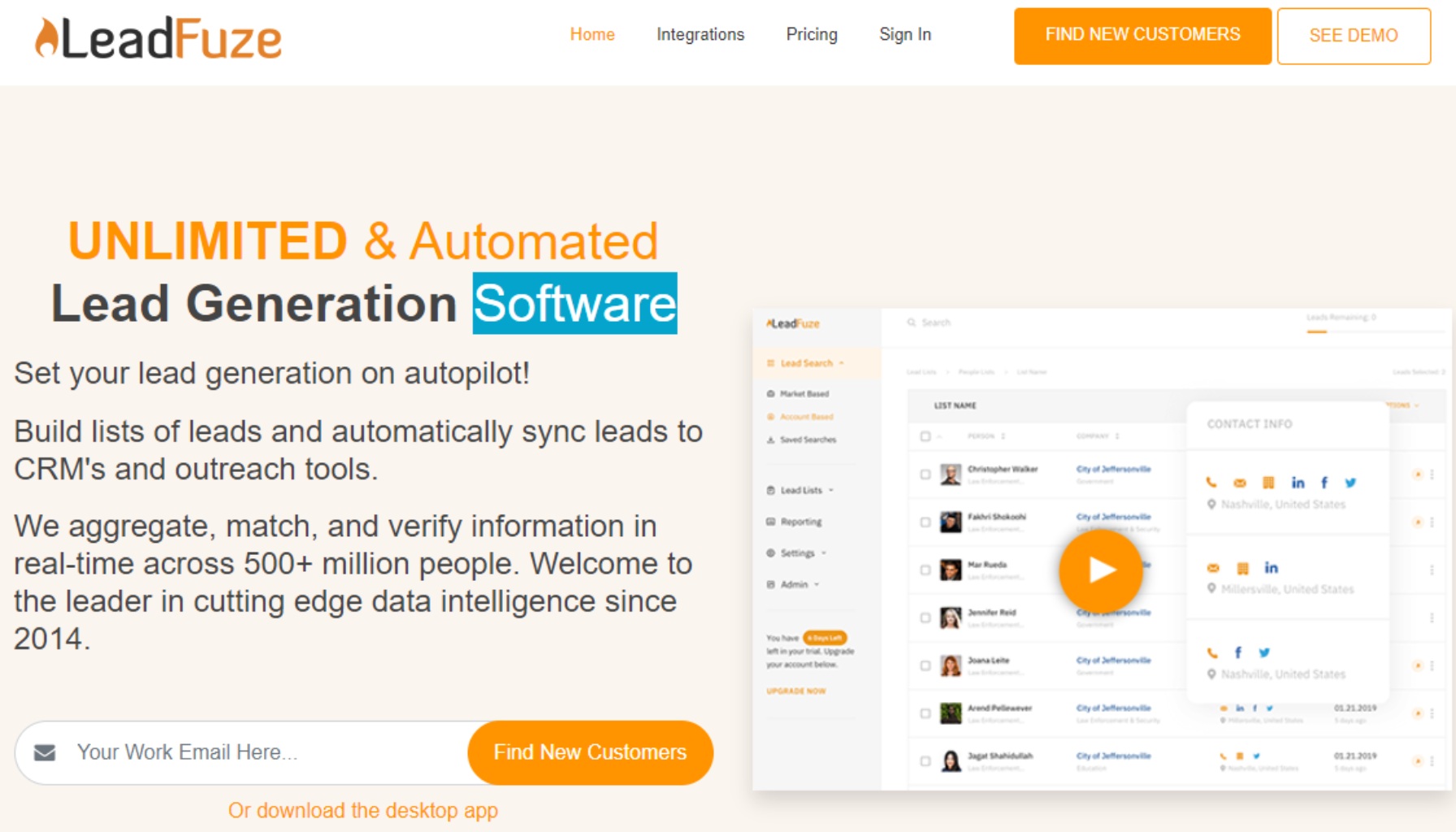
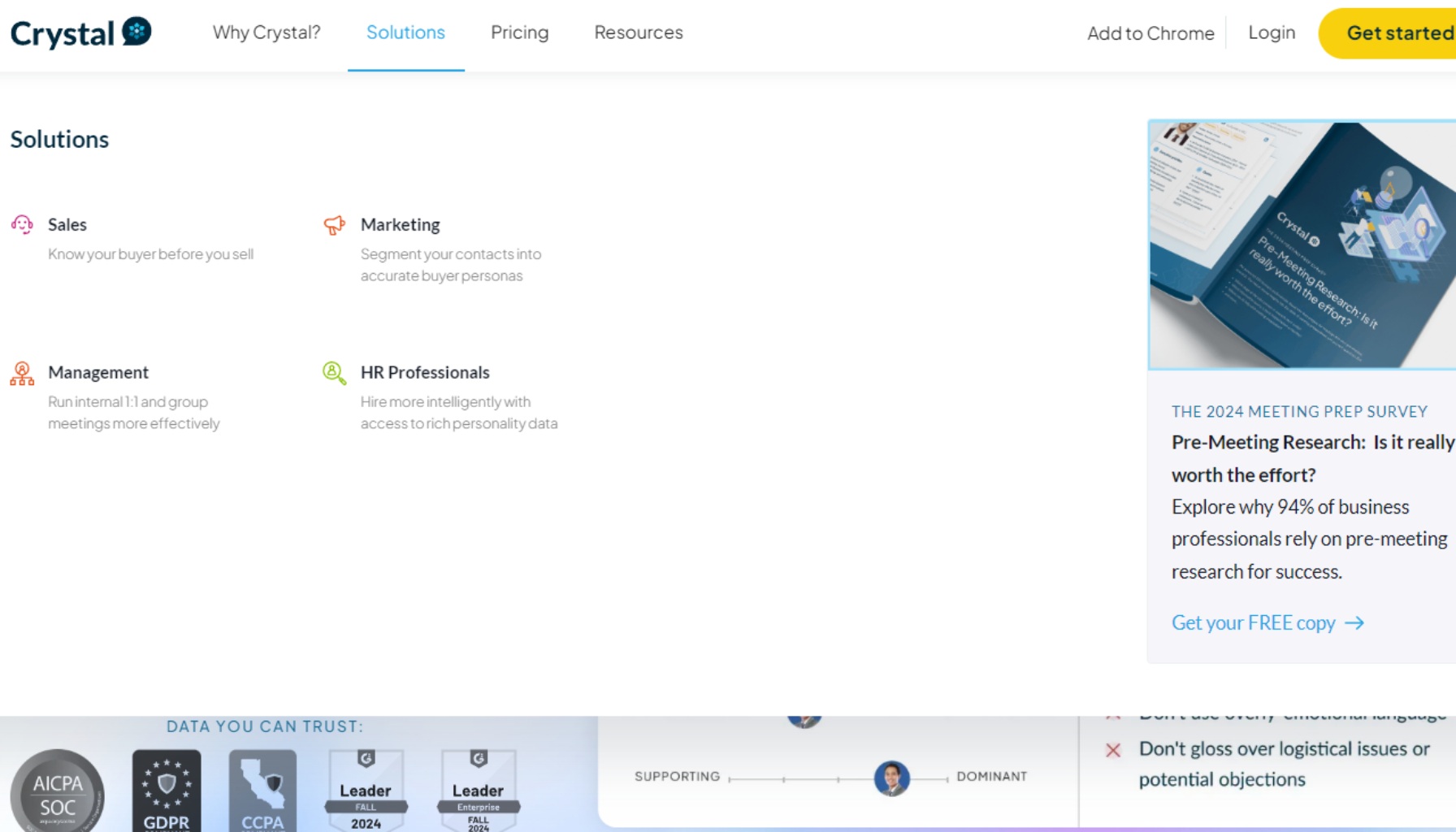
AI-Powered Lead Generation vs Personality-Driven Communication
LeadFuze and Crystal represent two distinct approaches to sales enablement, each focusing on different stages of the sales funnel. LeadFuze specializes in the initial stages, leveraging AI for lead acquisition and data enrichment. Its AI assistant, Fuzebot, automates lead generation, continuously adding new prospects based on predefined criteria. This automation significantly reduces manual prospecting time for sales teams.
Crystal, conversely, excels in the later stages of the sales process, offering personality insights based on the DISC framework. This enables sales teams to personalize their communication and improve relationship management. Crystal’s approach allows for tailored pitches and negotiations that align with each customer’s personality style, potentially leading to higher conversion rates. Both tools offer unique value propositions that can complement each other in a comprehensive sales strategy.
Data Quality and Lead Relevance: A Comparative Analysis
When it comes to data quality and lead relevance, LeadFuze stands out with its advanced filtering capabilities. The platform allows users to target prospects with remarkable precision, considering factors such as industry, role, company size, and even more specific criteria like ad spend or hiring status. This granular approach ensures that sales teams work with highly relevant leads, potentially boosting conversion rates.
Crystal, while not directly generating leads, enhances outreach quality by providing crucial insights on how to approach each lead. Its LinkedIn integration is particularly impressive, offering real-time personality predictions for contacts. This feature can be transformative for sales professionals aiming to make strong first impressions. Both tools contribute to improving lead quality, albeit through different methods: LeadFuze through precise targeting, and Crystal through personalized engagement strategies.
Geographical Limitations and Versatility: Strengths and Weaknesses
One notable limitation of LeadFuze is its geographical scope. As highlighted in the Woodpecker review, LeadFuze’s primary data source is the United States, which can be restrictive for businesses targeting global markets. This limitation may significantly impact companies with international outreach goals.
On the other hand, Crystal impresses with its versatility. Beyond its core function in sales, Crystal offers valuable applications in team collaboration, recruitment, and personal development. A standout feature is the ability to create customized sales playbooks based on personality data, which can significantly enhance a team’s overall performance. This versatility makes Crystal a more flexible tool, applicable across various business functions. The contrast in geographical coverage and versatility highlights the different strengths and potential use cases of these two platforms.
Pricing Models: Balancing Cost-Effectiveness and Accessibility
The pricing strategies of LeadFuze and Crystal reflect their different approaches and target users. LeadFuze offers a unique unlimited leads plan, which can be highly cost-effective for businesses with high-volume lead requirements. This pricing model is particularly attractive for larger organizations or those with extensive outreach needs, as it allows for scalable lead generation without incremental costs.
Crystal, in contrast, provides more flexible pricing options, including free personality reports. This tiered approach makes Crystal accessible to a wider range of users, from individual professionals to large enterprises. The availability of free reports allows potential users to test the platform’s capabilities before committing to a paid plan. These diverse pricing strategies cater to different business sizes and needs, influencing the choice between the two platforms based on budget and scale of operations.
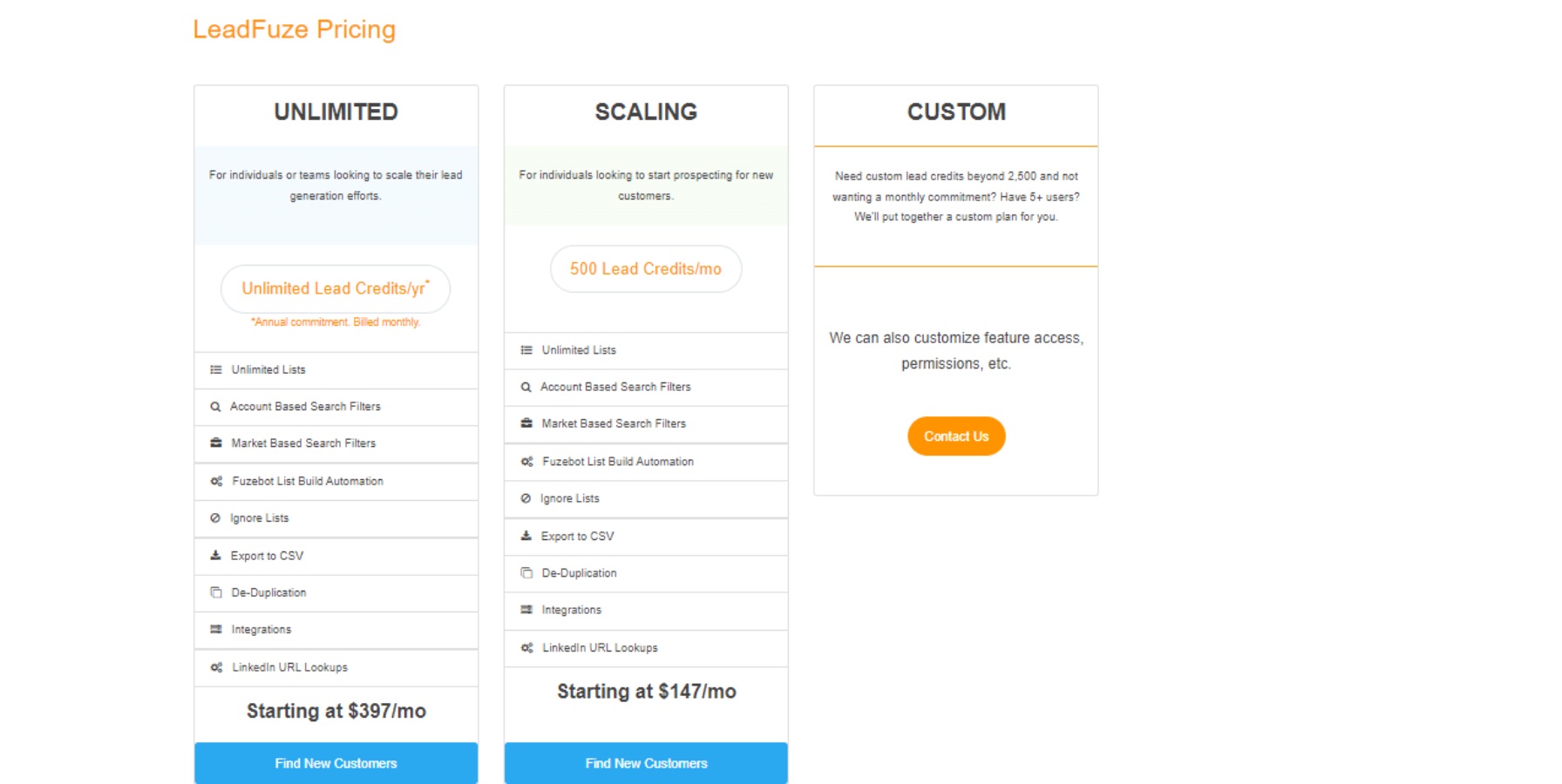
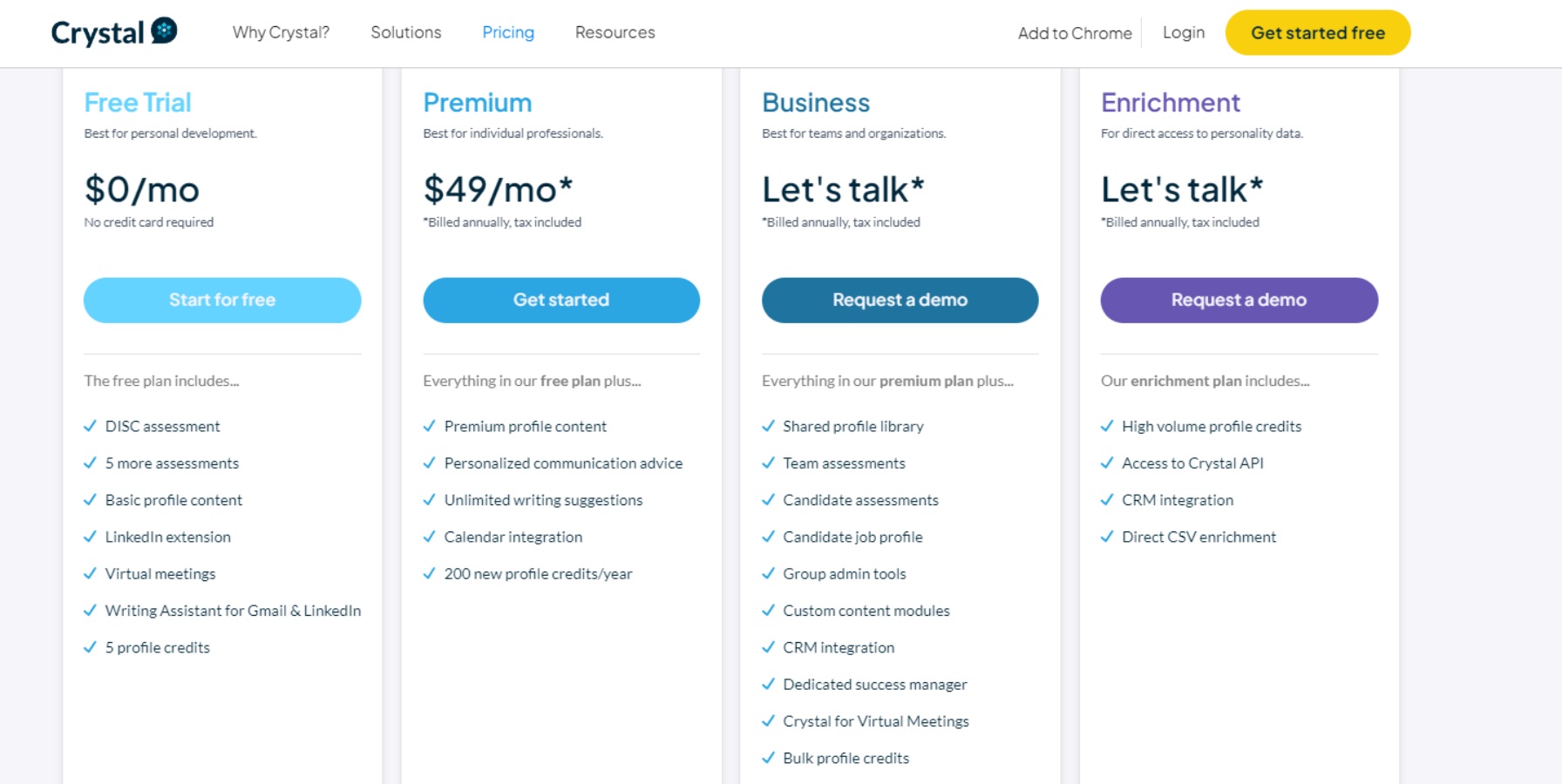
Horlio as an Innovative Alternative
While LeadFuze and Crystal offer powerful solutions for lead generation and personality-driven sales, Horlio emerges as an innovative alternative that combines elements of both, specifically tailored for LinkedIn engagement. As a cutting-edge SaaS platform, Horlio leverages advanced AI and automation technologies to maximize LinkedIn presence, build meaningful connections, and drive business growth.
Horlio’s AI-powered content generation feature stands out, creating contextually relevant, engaging comments and posts that can be adapted to different tones and styles. This capability addresses the personalization aspect that Crystal excels in, while also facilitating the lead generation process similar to LeadFuze.
Moreover, Horlio’s advanced targeting capabilities allow users to focus on specific industries, company sizes, and job titles, much like LeadFuze’s filtering options. However, Horlio takes it a step further by implementing intelligent LinkedIn automation that mimics human behavior, ensuring compliance with LinkedIn’s usage policies.
One of Horlio’s most impressive features is its customizable AI training, which allows users to train the AI on their specific brand voice and industry knowledge. This level of personalization goes beyond what LeadFuze or Crystal currently offer, providing a truly tailored solution for LinkedIn engagement.
Ready to Dominate LinkedIn?
Transform Contacts into Conversations with Smart Targeting on LinkedIn!
Conclusion
In conclusion, both LeadFuze and Crystal offer valuable tools for sales professionals, each excelling in different aspects of the sales process. LeadFuze is the go-to solution for efficient, AI-powered lead generation and data enrichment, particularly for businesses focusing on the U.S. market. Crystal, with its personality insights and communication optimization features, is invaluable for personalizing outreach and improving relationship management.
However, for businesses looking to maximize their LinkedIn presence specifically, Horlio presents an innovative alternative that combines elements of both lead generation and personalized communication. Its AI-powered content generation, intelligent automation, and customizable features make it a compelling option for professionals seeking to leverage LinkedIn for business growth.
Ultimately, the choice between these tools will depend on your specific business needs, target market, and preferred sales strategies. Consider testing each platform to determine which aligns best with your goals and processes.
Citations
- Impeccable Nest Design. (2024). LeadFuze Review: A comprehensive look at the B2B lead generation platform. Retrieved from https://impeccablenestdesign.com
- Woodpecker.co. (2024). Prospect list building tools review: LeadFuze. Retrieved from https://woodpecker.co
- Prospecting Toolkit. (2024). LeadFuze review: The best B2B lead database? Retrieved from https://prospectingtoolkit.com
- LeadFuze. (2024). #1 Prospecting tool for business leads & candidate sourcing. Retrieved from https://www.leadfuze.com
- TrustRadius. (2021). This is the most awesome lead scraping software I have ever used. Retrieved from https://www.trustradius.com

